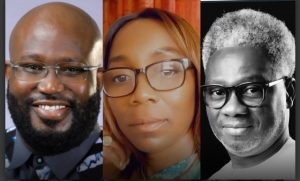Why a license plate spat has sparked ethnic tensions again in northern Kosovo

Ethnic tensions over the decision erupted last month when ethnic Serbs in northern Kosovo, who are backed by Serbia and do not recognize Pristina’s authority, set up roadblocks to protest the new rule.Kosovo and Serbia intend to join the European Union and have agreed, as part of that membership process, to resolve their outstanding issues and build good neighborly relations.Here are some facts about the standoff.Why are there tensions?Kosovo won independence from Serbia in 2008, almost a decade after a guerrilla uprising against Belgrade’s repressive rule.Serbia, however, still considers Kosovo to be an integral part of its territory and rejects suggestions it is whipping up tensions and conflict within its neighbor’s borders. Belgrade accuses Pristina of trampling on the rights of minority Serbs.Ethnic Serbs account for 5% of Kosovo’s 1.8 million people, with ethnic Albanians making up about 90%.What is the role of NATO and the EU?NATO has about 3,700 troops stationed in Kosovo to maintain the peace. The alliance said it would intervene in line with its mandate if stability in the area were jeopardized. The European Union Rule of Law Mission in Kosovo (EULEX), which arrived in 2008, still has around 200 special police officers there.







